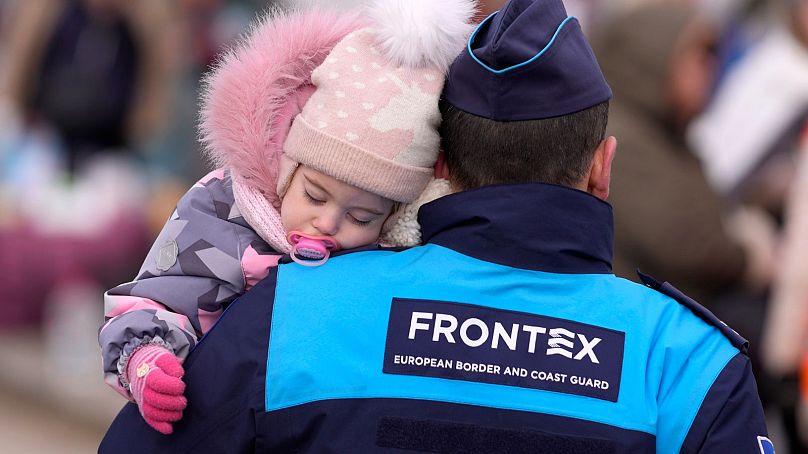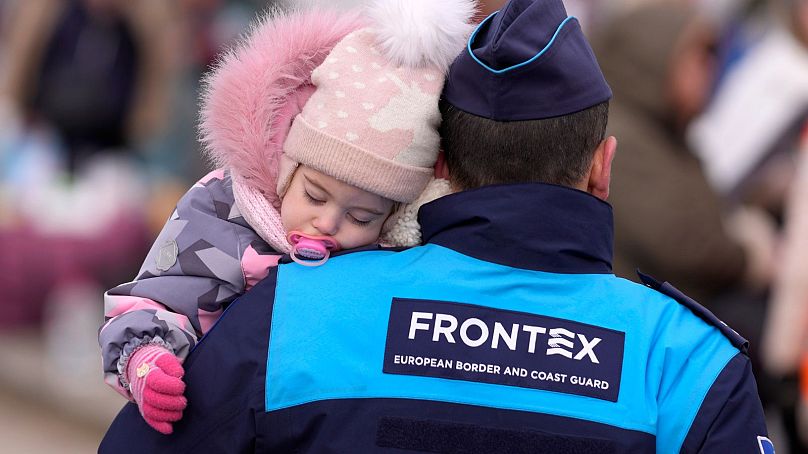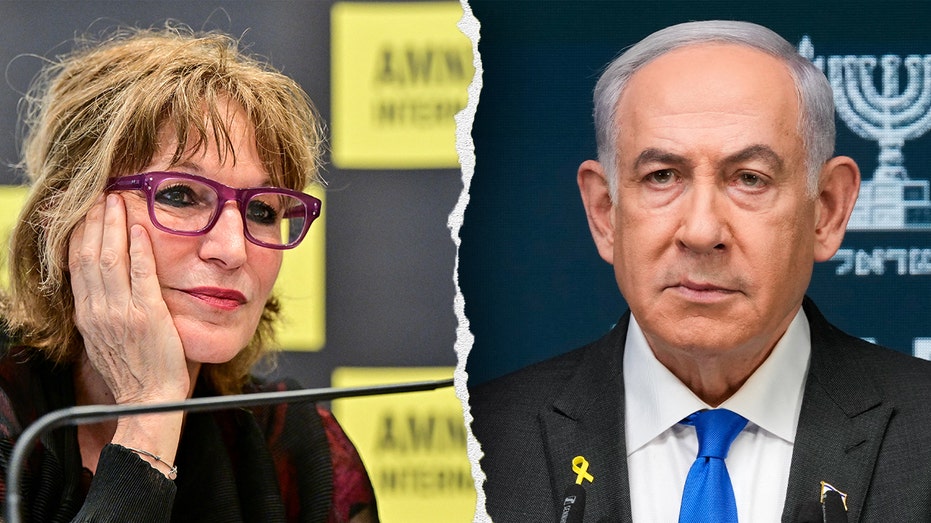
Controversy Surrounds Amnesty International’s Allegations Against Israel
Critics have roundly condemned a recent report released by Amnesty International, which claims that Israel “has committed, and is continuing to commit genocide” against Palestinians in Gaza. This assertion has drawn fire for being poorly researched and politically motivated, sparking a significant debate over the underlying facts.
Legal Definitions and Counterarguments
Orde Kittrie, a law professor at Arizona State University and a senior fellow at the Foundation for Defense of Democracies, challenged the claims made in Amnesty’s report. He emphasized that Israel’s actions do not satisfy the *legal definition of genocide*. In an interview with Fox News Digital, Kittrie stated, “Accusers must prove Israel is intentionally killing Gaza civilians solely because they are Palestinian, rather than as a tragic consequence of legitimate self-defense measures against Hamas fighters.”
Kittrie highlighted Israel’s proactive measures to minimize civilian casualties, citing their practice of issuing advance warnings and other strategies aimed at protecting noncombatants. He argued that these efforts demonstrate that Israel is not pursuing genocidal actions, but rather operations intended to recover hostages and ensure the security of its citizens in the wake of Hamas attacks.
International Perspectives
Danny Danon, Israel’s ambassador to the United Nations, echoed Kittrie’s sentiments, vocally rejecting the accusations made in the Amnesty report. Danon asserted, “The only group to have demonstrated genocidal intent in this war is Hamas. Supported by Tehran, Hamas terrorists carried out mass murder, rape, and kidnapping during their October 7 rampage in southern Israel.” He underscored that Israel did not instigate the conflict and remains committed to protecting its citizens, which includes securing the release of over 100 hostages still detained by Hamas.
A Closer Look at the Amnesty Report
The report titled *“‘You Feel Like You Are Subhuman’: Israel’s Genocide Against Palestinians in Gaza,”* reaches a stark conclusion that Israel’s actions constitute genocide. However, David Adesnik, vice president of research at the Foundation for Defense of Democracies, criticized the report as exhibiting a double standard. He pointed out that Amnesty International has not labeled equally severe atrocities occurring in regions like Sudan, Ukraine, or Xinjiang as genocide, suggesting selective outrage based on political biases.
Adesnik also contended that Amnesty International failed to provide a balanced analysis of the situation in Gaza. He noted that while the report claims there are restrictions on humanitarian aid flowing into Gaza, it neglects to mention the substantial volume of assistance received during the conflict—over 58,000 aid trucks delivering more than 1,149,000 tons of supplies. Furthermore, he pointed out that the organization ignored positive trends in food security indicators captured by the Integrated Food Security Phase Classification (IPC).
Misrepresentation and Cherry-Picking Evidence
In its analysis, Amnesty identified 22 statements from Israeli officials that purportedly justify or call for genocide. However, Salo Aizenberg, director of the media watchdog group HonestReporting, disputed these interpretations. He accused Amnesty of cherry-picking statements and misrepresenting the comments made by Israeli leaders. For instance, Aizenberg noted that the International Court of Justice’s references distorted statements from Israeli President Isaac Herzog, who later condemned this misrepresentation, asserting that his words were taken out of context.
Unanswered Questions and Perceived Bias
Fox News Digital sought comments from Amnesty International regarding several critical issues, including the violent rhetoric of Hamas leaders, the group’s military use of civilian infrastructure, and comparisons of the situation in Gaza with atrocities elsewhere in the world. However, Amnesty International did not respond to these inquiries, leaving several questions unanswered.
Furthermore, Amnesty International faces ongoing criticism for perceived anti-Israel bias. The organization’s Northern Ireland branch recently hosted Francesca Albanese, a contentious U.N. special rapporteur on the Occupied Palestinian Territories. Albanese has been widely criticized for allegedly promoting antisemitic sentiments in her public role. The decision to invite her to speak—especially in a country with a small Jewish population—has raised eyebrows among many who see it as a reflection of growing anti-Israel sentiment, further fueling concerns about the safety and security of Jewish communities in Ireland amid the ongoing conflict.
Complexities of the Conflict
As the debate surrounding the Amnesty International report continues, it highlights the complexities of the Israeli-Palestinian conflict. Many experts and officials argue that the allegations of genocide are based on selective evidence, biases, and significant oversights that call into question the validity of the report. The controversies underscore the challenges faced by international advocacy groups in providing objective and factually accurate assessments of contentious global issues, particularly those involving deeply entrenched conflicts.
While Amnesty International maintains its stance on Israel’s conduct in Gaza, its critics argue that the organization’s credibility has been compromised by what they perceive as a politically motivated narrative. The ongoing discourse serves as a reminder of the delicate balance that must be struck between advocacy and accurate representation of complex humanitarian crises.


















